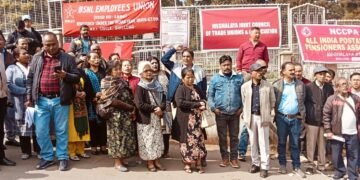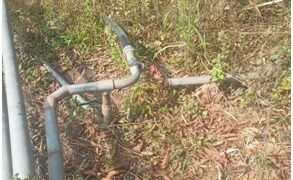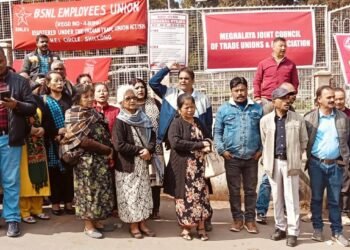The Bonn climate talks just closed with widespread disappointment at the slow pace of progress in the past two weeks as rich countries failed to deliver the promised and required assistance to poor countries. The negotiations, which brought together more than 4,800 participants from all corners of the world, almost double the number of participants that attended last year’s conference, were seen as a key mid-year moment and set the tone for the 2023 UN Climate Change Conference (COP28) that will be held from November 30 to December 12 in Dubai where the first global stocktake of the implementation of the Paris Agreement will conclude. Besides finance, the global stocktake, adaptation and loss and damage were on the agenda.
Each stocktake is a two-year process that happens every five years, with the aim of assessing the world’s collective progress towards achieving its climate goals. However, the UN Secretary-General Antonio Guterres, is right when he sums up the current situation: “Yet the collective response remains pitiful.” The Bonn climate talks this year have exposed the real fault lines in the climate change negotiations. Climate finance is an issue that the developed countries do not want to face. They think that they have done enough by agreeing notionally to the loss and damage fund. Instead, they want to focus on a mitigation work programme which does not bode well for the future of global stocktake.
The Bonn climate conference laid bare the glaring hypocrisy of wealthy nations, showcasing a remarkable indifference to the struggles of developing countries. Without honouring their financial pledges, directly tied to their historical role in driving the climate crisis, these affluent nations lack the moral authority to exert pressure on poorer countries. Fourteen years on and the $100 billion climate fund proposed has yet to be implemented. Developing countries had scaled up talks on the climate fund at the Bonn conference because they were tired of the false promises. The political phase of the global stocktake started at Bonn but discussions became gridlocked around structure and process.
Campaigners used Bonn to call for a fossil fuel phase out deal at COP28. The global stocktake, which will conclude at COP28, is a moment to course correct to get the world on track to limiting the temperature rise in line with the Paris Agreement. On the issue of Loss and Damage Fund, a decision on the host of the Santiago Network was expected but did not materialise. Innovative sources of finance were an area of discussion with Greenpeace calling for rich governments to tax fossil fuel company profits to fund loss and damage. If rich countries want to be taken seriously they need to ensure their funding of the Loss and Damage Fund is done far more quickly. So if we get proper finance commitments, there’s a chance that we get a historic deal which ushers in the transition to a phase out of all fossil fuels and a tripling of renewable energy by 2030.


























